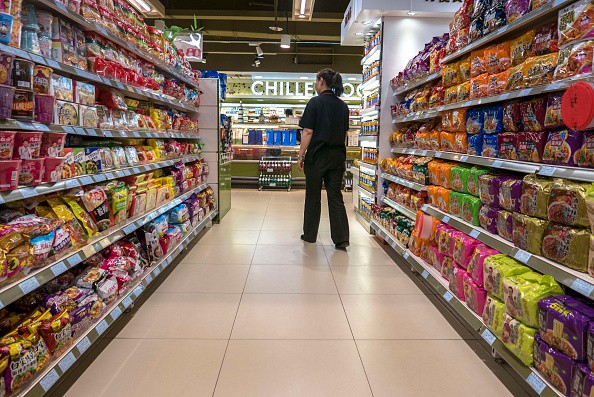The demand for instant noodles, once the staple of the standardized food industry, has slumped after peaking in 2013. This is due to the slower growth in the ranks of migrant workers as the economy shifts away from manufacturing.
Other factors such as faster trains, higher disposable incomes, snack-food competition and a budding interest in nutrition also contributed to the slump.
The performance of Taiwan-based Tingyi Holdings Corp., a front-runner in the instant-noodle industry, reflects the slump, as it has reported a drop of revenue in its core noodle business since 2015. Its revenue decreased from $3.2 billion in 2014 to $2.5 billion during the first months of 2016.
The primary reason for the decline China's slower economic growth that made a profound impact on the global market, where the country accounts for 40 percent of the overall demand.
The edge of instant noodles on China's economy transitions from export manufacturing to domestic services. The number of migrant workers is shrinking due to the country's shift from a labor- and resource-intensive model to a technology-driven one.
This resulted in reduced sales.
For example, instant noodles were a ubiquitous companion on long train trips, but as China rapidly expanded its high-speed rail network, the demand for the staple has decreased.
The decline of the inexpensive product is also a result of wealthier Chinese consumers that became more aware of food nutrition. This is according to Liu Chang, a food and beverage analyst at Tianfeng Securities.
The prices and ingredients of most instant noodles have not changed much despite the average disposable income in China tripling in the past three years.
It is too early to be entirely pessimistic about instant noodles. The food industry as a whole is still the second fastest-growing industry in terms of sales.
Uni-President Enterprises Corp., a top noodle maker in the country, launched its "Porsche instant noodle," which is eight times as much as an ordinary pack and is specifically targeted for high-end customers.



























